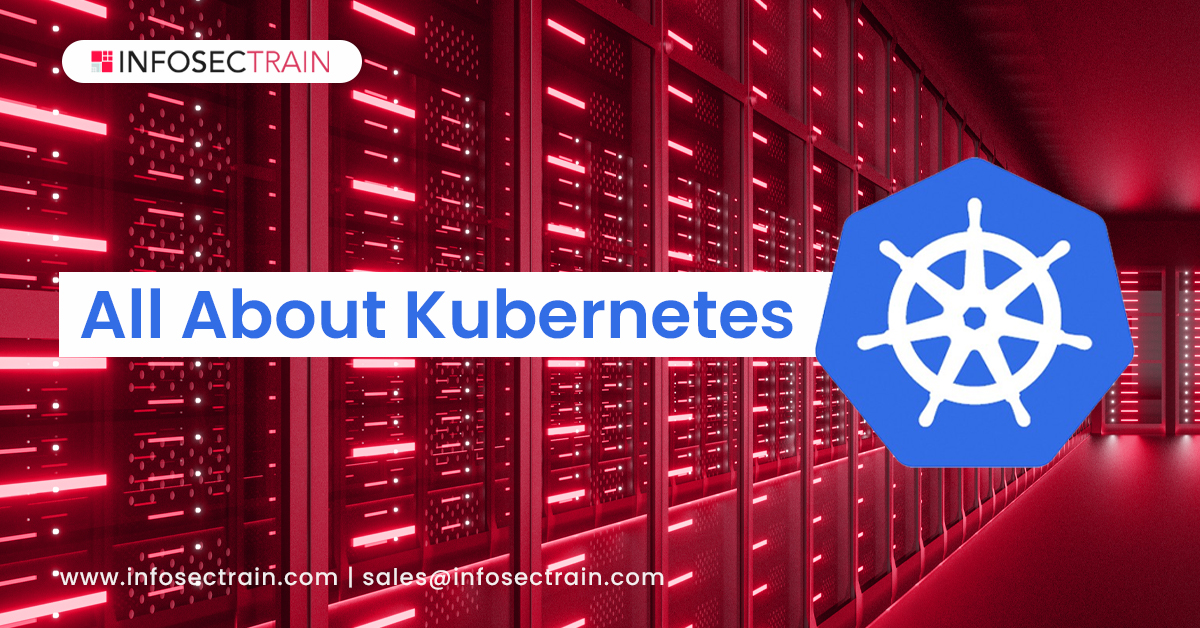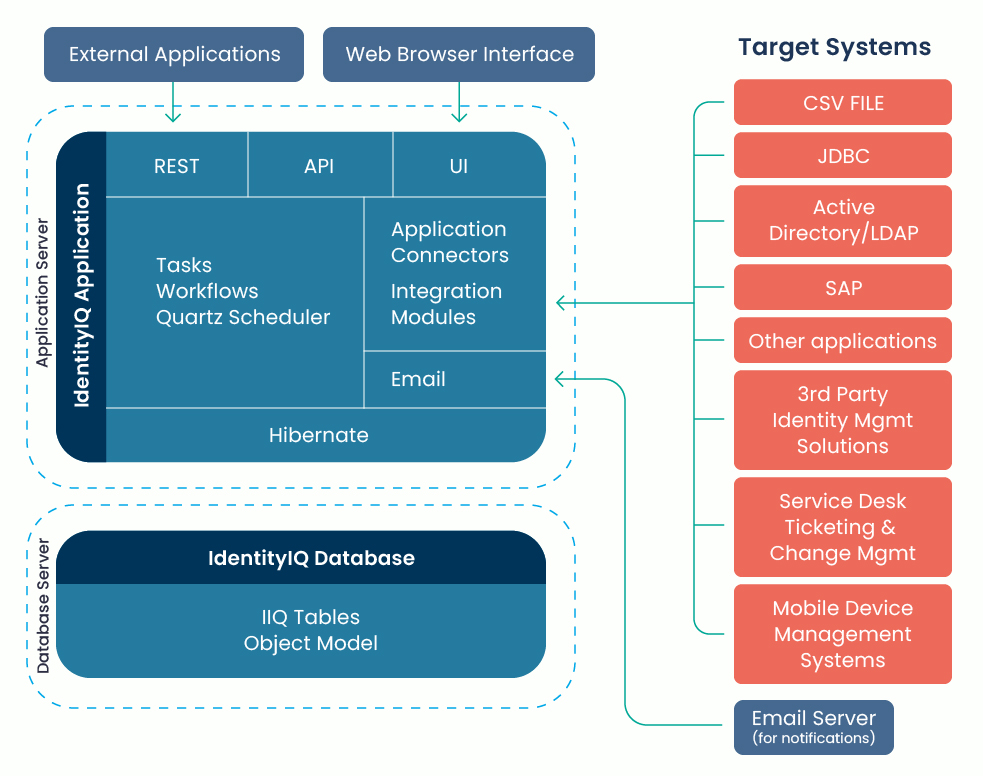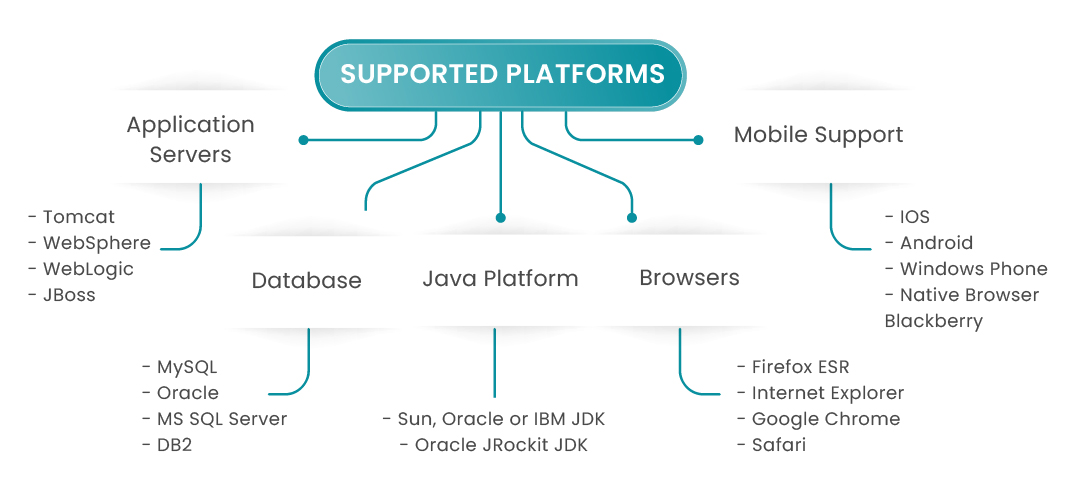All About Kubernetes
What are Orchestrators?
Orchestrators are tools that allow Devops administrators to fetch images from the registries, deploy them into containers, and manage container operation. This is the final phase of the container lifecycle, where the latest version of the application is deployed and comes onto live usage. Orchestrators are helpful in monitoring container resource consumption and job execution, identifying host failures, and automatically restarting containers on new hosts. When resources are exhausted, an orchestrator allocates additional resources to the containers. When an application running in the container needs to be updated, the existing containers are destroyed, and new containers are created from the updated images.

Popular orchestrators include Kubernetes, Docker Swarm, Nomad, Mesos, etc.
Introduction to Kubernetes
Kubernetes is also known as K8s. It is an open-source, portable, extensible orchestration platform developed by Google. It is used for managing containerized applications and microservices. Containers provide an efficient way for packaging and running applications. In a real-time production environment, containers must be managed efficiently to bring downtime to zero. For example, if a container experiences failure, another container boots automatically. To overcome these issues, Kubernetes provides a resilient framework to manage distributed containers, generate deployment patterns, and perform failover and redundancy for applications.
Features of Kubernetes:
- Service discovery: Kubernetes allows a service to be discovered via a DNS name or IP address.
- Load balancing: When a container receives heavy traffic, Kubernetes automatically distributes the traffic to other containers and performs load balancing.
- Storage orchestration: Kubernetes allows developers to mount their own storage capabilities, such as local and public cloud storage.
- Automated rollouts and rollbacks: Kubernetes automates the process of creating new containers, destroying existing containers, and moving all resources from one container to another.
- Automatic bin packing: Kubernetes can manage a cluster of nodes that run containerized applications. If you specify the resources needed to run the container, such as processing power and memory, Kubernetes can automatically allocate and deallocate resources to the containers.
Kubernetes – Cluster Architecture

Kubernetes Components:
Kubernetes cluster: Kubernetes cluster is a set of worker node or master node for operating containerized applications. If we are running Kubernetes, we are running a cluster. We can say cluster is the heart of Kubernetes. The key advantage: the capacity to schedule and run containers over a group of machines, be they physical or virtual, on-premises, or in the cloud.
Master: It is a collection of components which makes up the control plane of Kubernetes. These components are utilized for all cluster decisions. It involves both scheduling and responding to cluster events.
Node: It is a single host which is able to run on a physical or virtual machine. A node should run both kube-proxy, container runtime, and kubelet, which are considered as a part of the cluster.
Kubernetes Master components:
API server: The Kubernetes API server is easy to manage because all of the API server’s persistent state is stored in an external database to the API server. The server itself is stateless and can be replicated to handle request load and for fault tolerance. In a highly available cluster, the API server is replicated three times.
Kubernetes scheduler: Kubernetes scheduler is a piece of the open-source Kubernetes container orchestration platform that manages performance, ability, and availability through policies and topology awareness.
Controller manager: Kubernetes controller manager is a master component that runs controllers. Controllers are generally individual processes like node controller and endpoint controller but are combined into a single binary and run together in a single process to reduce complexity.
ETCD (/etc distributed): It is a distributed and consistent key-value storage where Kubernetes cluster data, service discovery details, API objects are stored.
Kubernetes platforms:

Difference between Kubernetes and Docker:
- Docker is open-source software that can be installed on any host to build, deploy, and run containerized applications on a single operating system. Kubernetes is a container orchestration platform that automates the process of creating, managing, updating, scaling, and destroying containers.
- Both Dockers and Kubernetes are based on microservices architecture. They are built using the Go programming language to deploy small, lightweight binaries and use YAML files to specify application configurations.
- When Kubernetes and Docker are combined together, they provide effective management and deployment of containers in a distributed architecture.
- When Docker is installed on various hosts with different operating systems, you can use Kubernetes to maintain these Docker hosts by container provisioning, load balancing, failover, and scaling.
How can I prepare for Kubernetes?
Infosec Train is one of the leading IT security training providers. We offer a comprehensive training program for Kubernetes certification. If you want to take the expert’s help in getting through the Kubernetes certification exam, check these Kubernetes certification training course offered by Infosec Train:
https://www.infosectrain.com/courses/certified-kubernetes-administrator-cka/
https://www.infosectrain.com/courses/certified-kubernetes-application-developer-ckad/







 1800-843-7890 (India)
1800-843-7890 (India)